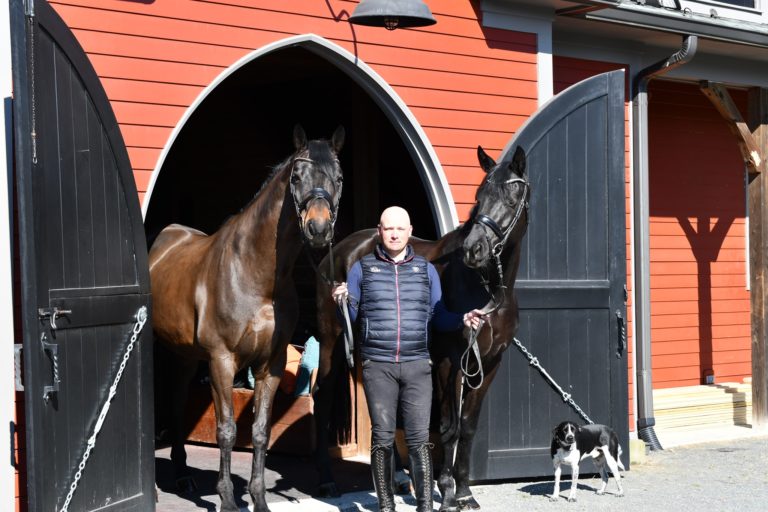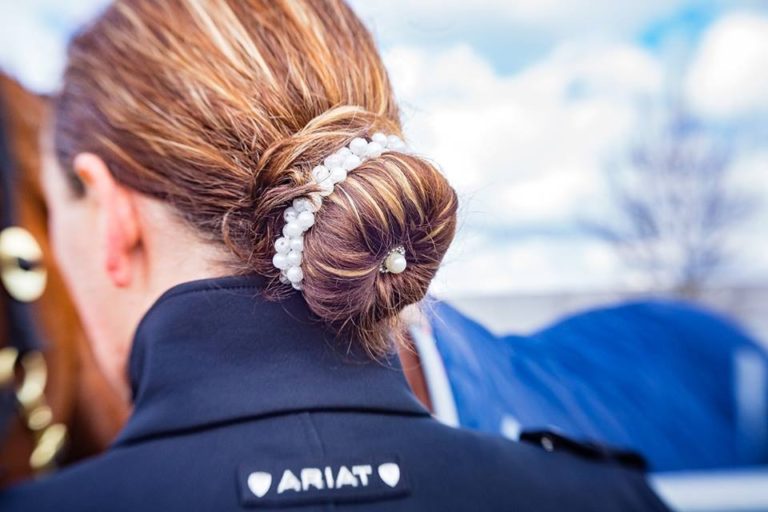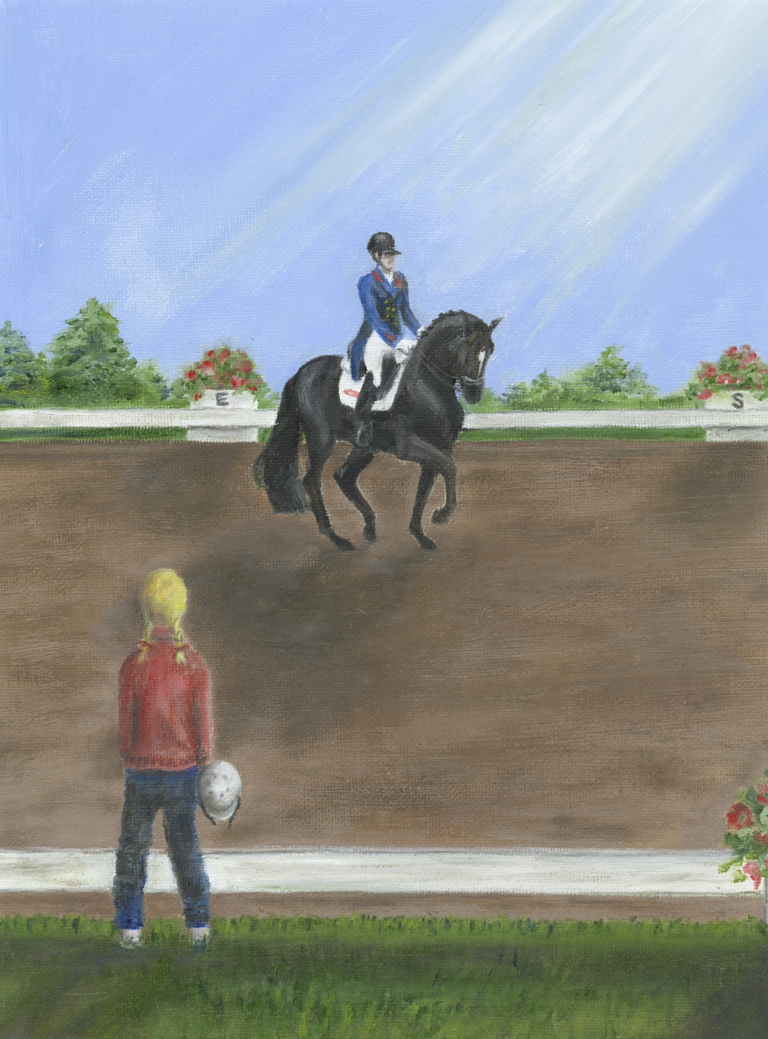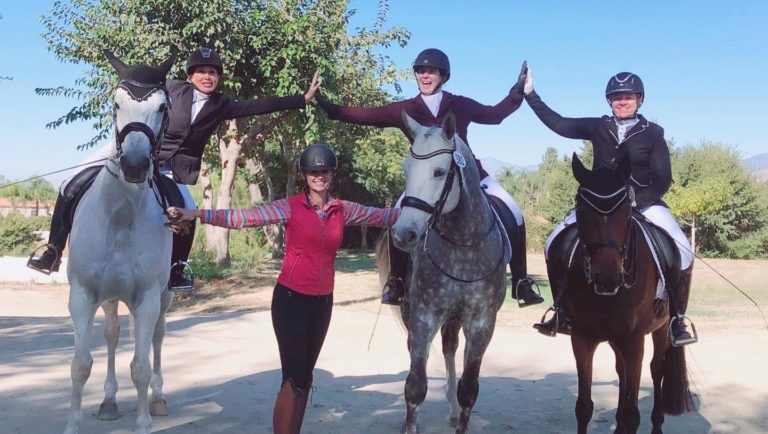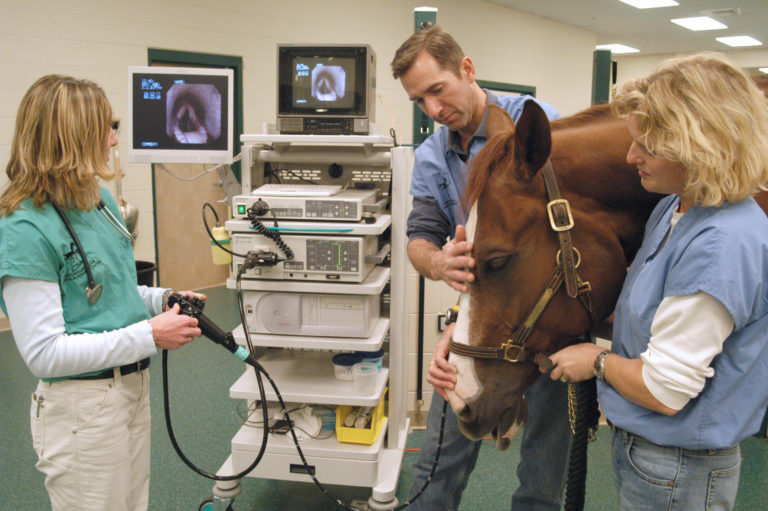How much time do you spend training? The answer is probably a lot! Believe it or not, we spend countless hours each day either creating or reinforcing patterns and habits. This month’s issue is about cross-training for your body and so it is only fitting to talk about cross-training for your mind. Cross-training for the mind is a fun idea. Why not begin to pair your mental training with your physical training? If you feel yourself let out a heavy, resigned sigh when you hear the word “training,” then we need to change that. Perhaps you relate to it like it’s just for serious athletes or it’s difficult or you don’t even know how to relate to it. When I swam at UCLA, my coach would not let us call our training sessions workouts. She would only let us call them “practices.” She did this because that’s what we were doing—practicing—and she wanted us to influence our mindsets as well as our bodies. Training the mind takes different energy from training the body. We see physical results, whereas we feel mental or emotional results. You have to look harder to feel a result. Because of this, we fail to properly design our mental and emotional training. If you look at training as developing and learning, perhaps it will begin to feel doable and become part of your routine. Cross-training the body is designed to offer strength and flexibility to additional muscles as well as to enhance the current use of your muscles. It creates a physical foundation that prepares the body for whatever it might encounter or need, even if outside the normal movements.
There are five big areas in life that I think are important to just about everyone. They include health, wealth, family, fun and work or purpose. Usually, we have two or three of them going well. It’s hard to find someone with all five jamming at the same time. To begin cross-training your mind, look at this list and see where things are going well. Then look to see how you already train in the successful areas and take those skills to your own cross-training schedule. What do you do? How do you prepare? How do you set goals? What strategies and skills do you use? Success is a recipe. It doesn’t happen overnight or by chance. It is a methodical endeavor with an artful and intentional result. A small but consistent increase in focus and energy on your mind and your mental toughness will create big results.
Jenny Susser has a doctoral degree and is licensed in clinical health psychology, specializing in sport psychology. A four-year all-American swimmer at UCLA, she swam on two national teams and at the 1988 Olympic Trials. She has worked with athletes of all sports and ages—collegiate, professional, international and amateur. She was the sport psychologist for the 2010 WEG South African Para-Dressage Team and the 2012 U.S. Olympic Dressage Team. Dr. Jenny is also a performance coach with Human Performance.



